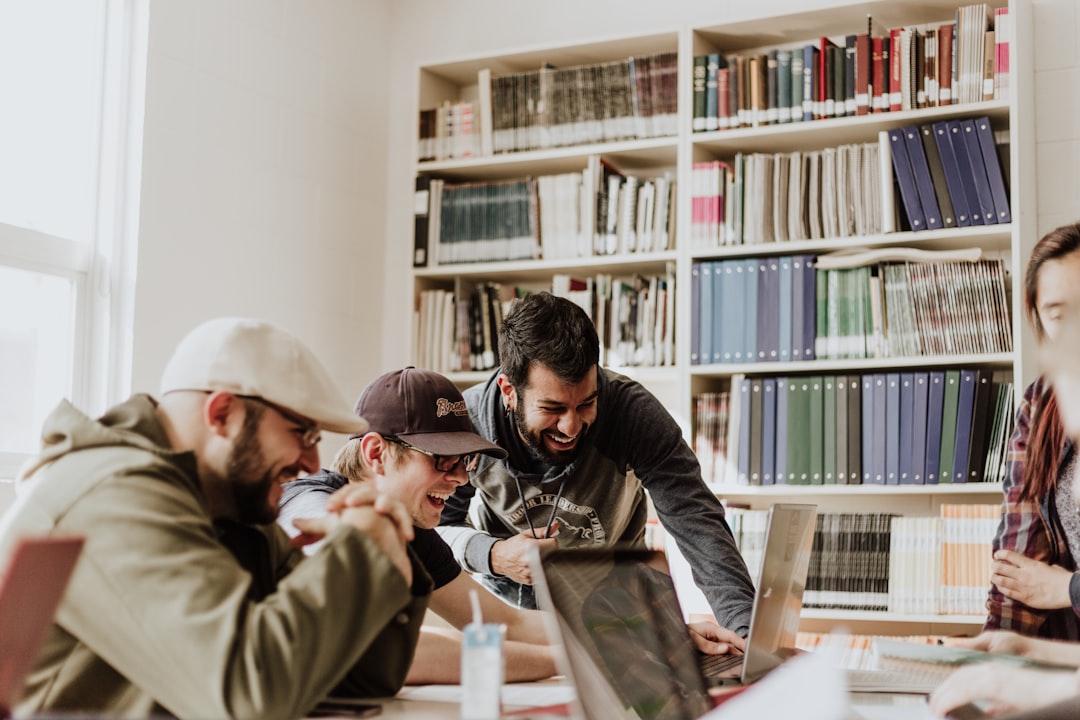Online Bashing
It continues. It's mostly bunk.
Today’s newsletter is a guest post by Sara Berman, Professor of Law at Touro University’s Jacob D. Fuchsberg Law Center. Professor Berman has examined the distance learning variance applications for the ABA and served on the faculty of the nation’s first fully online law school for 15 years.
This newsletter is prompted by my reaction to the article in the New York Times last week, written by Jonathan Malesic, who teaches at SMU in Dallas. His article, entitled “My College Students are Not OK,” referenced the usual tropes about how online learning in the pandemic has been inferior, and it has been leading to all sorts of problems among students, including blowing off classes, not studying, not paying attention online, etc.
Indeed, a number of professors have authored newspaper opinion pieces over the last several months - this is just one of them. In them, they write about their impressions with online learning, first experienced for those professors and their students during a global pandemic. From that limited experience, they reach the result that online learning is bad. But anecdotal impressions of “emergency remote teaching” should not lead anyone to conclusions about the efficacy of online learning. And neither should one-off personal opinions dictate the future of thoughtful online and hybrid pedagogy.
In addition to a host of other variables that must be accounted for (including those related to the unprecedented times we are living in), commentators purporting to critically evaluate distance learning must discuss the context and expected learning outcomes. For example, a 5th grade physical education class where students are not in school by choice, are children, and are expected to learn to play a team sport together may not be conducive to remote education. But on the other hand, a college philosophy course might be, with the proper planning and delivery.

I work in law schools - a graduate setting. The results of a compelling study regarding online learning in law schools were published this week. These findings followed up from a previous study one year ago by the same researchers at Gallup. While an article about this study sums the research up as essentially, “in person still wins,” this is not the true story behind the findings. The essence of the research and of the actual state of affairs reflects a progression with online, hybrid, and distance learning. A movement forward where professors and students are growing more skilled at and comfortable with remote and hybrid learning environments, tools, and delivery systems.
Reflections from the Gallup and AccessLex study’s key researchers include:
”It is heartening to see the upticks in positive responses to so many of the aspects of distance learning that are already common practice in legal education,” said Stephanie Marken, Executive Director for Education Research at Gallup. She goes on to say:
For a transition that was thrust wholly without warning on both law schools and their students, there is undeniably reason to believe that well-considered online options are more an opportunity than a threat to the law school experience and value proposition.
Tiffane Cochran, Vice President of Research at the AccessLex Institute noted this:
”Although the 820 students interviewed for both the 2021 and 2022 studies comprise only a small sample of law students and cannot be generalized, the shifts in their perceptions year over year are illuminating and useful.” She goes on to say:
They demonstrate the potential of what law schools can achieve when given sufficient time to adapt, prepare and set reasonable expectations when retooling brick-and-mortar experiences for the virtual environment. That’s to be applauded and will hopefully promote continued study and evolution of the ways a legal education is delivered.
If the professors who have time to write lamenting opinion articles about how things have changed, instead spent that time redesigning their courses for a hybrid delivery to respond to that change, they would likely end up in a much better place.
(I have also offered the Quote of the Week in this newsletter, as my final word on the subject!)
Letters of Recommendation
With all the awful things happening in the world right now, perhaps what we need - at least for a short break - is some good guitar fingerpicking. Here is a video of Thom Bresh (son of Merle Travis) and Tommy Emanuel playing the Cannonball Rag. It’s OK to tap your toes:
Q of the Week
The Q of the Week this week is a Quote from Bob Dylan, in his song The Times they are a Changin’:
Your old road is rapidly agin’
Please get out of the new one,
If you can’t lend your hand.

